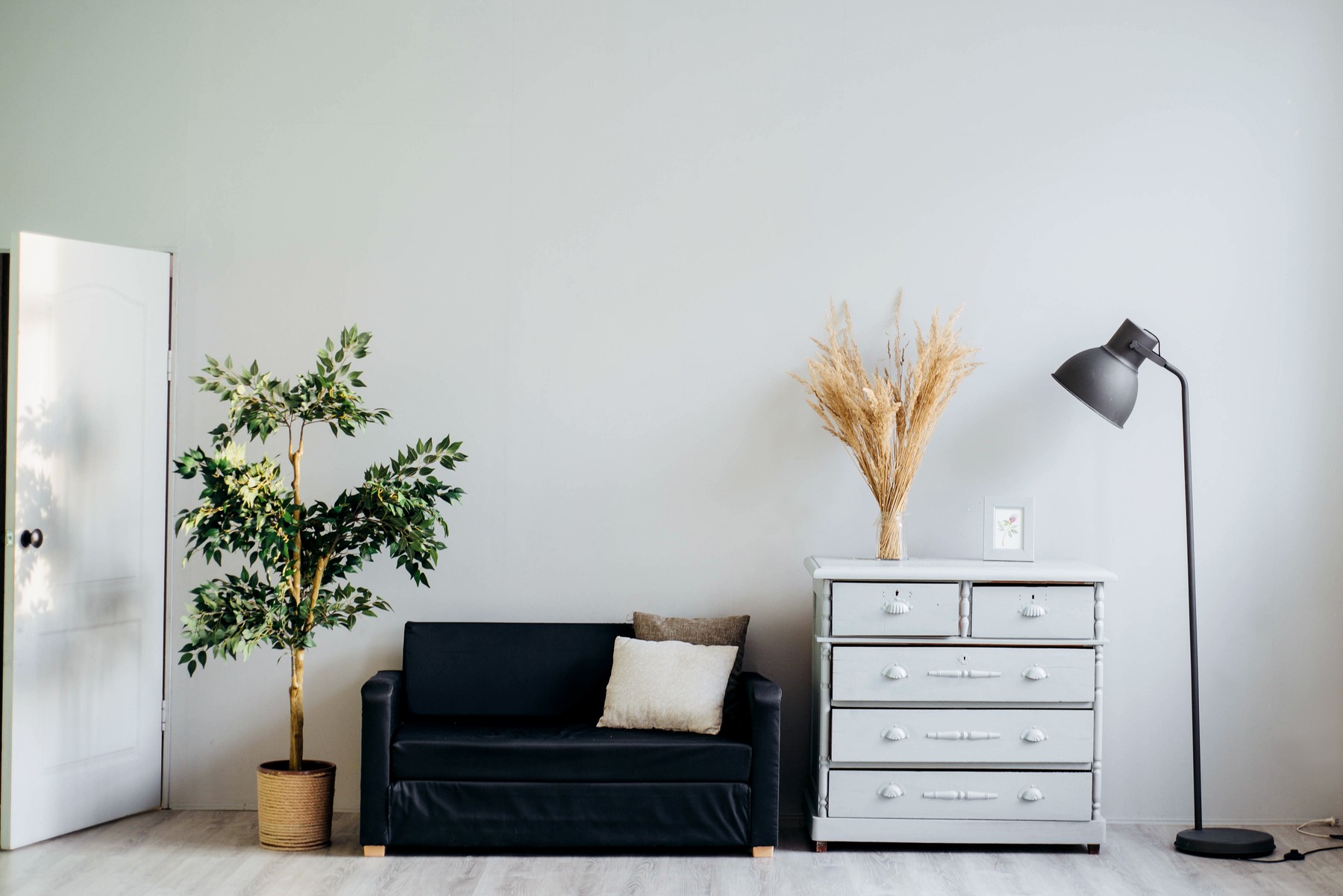
A few weeks ago we talked about the cost of purchasing home. Now, we’re going to chat about the costs of owning a home. We’ve gotten possession of our place. We’ve attached the keys to our keyring and moved all of our worldly possessions in. Now what?
Well, the first thing we need to do is account for the possibility of extra expenses that we didn’t have when we were renting.
Home expenses to consider
Condo/strata/homeowner’s association fees:
these are monthly fees that your condo or homeowner’s association charges you to cover off the common costs (e.g. building costs, insurance, contingency fund, amenities like a gym or pool, services like security or concierge, etc.);
Home insurance:
You would’ve likely purchased this insurance when you got your mortgage but now you have to incorporate this cost into your budget, either monthly or as an irregular/seasonal expense if you pay quarterly, every six months or annually;
Property taxes:
While no one wants to pay tax, this money helps Oakville pay for services and infrastructure. Oftentimes you can include this cost into your mortgage payment and your financial institution will hold the funds and pay Oakville on your behalf;
Utilities:
Depending on your housing situation, your utilities may be part of your condo fees or property taxes, or you may need to pay the companies directly. These include water, sewer, and garbage. Telecommunication (t.v., internet, phone), and power will need to be set up and paid directly;
Maintenance and repairs:
Regardless of whether your home is new or new-to-you, there will be maintenance and repairs. This may include the short-term reno’s that you knew you were going to do when you got your keys or general maintenance like planning for a new roof, hot water tank, or a contingency fund for appliances;
Tools and supplies:
If you’ve moved into your first house, you may need to buy a lawnmower and snow shovel. Perhaps you need a ladder or a toolbox filled with the basics like a hammer, screwdriver, measuring tape, and nails and screws; and
Furnishings:
You may want additional furniture (indoor and outdoor) along with decorations.
Wow! That’s a lot of costs to account for beyond just paying your mortgage.
Two techniques to manage these costs:
One
Develop a robust and thorough budget where you are accounting for all of your expenses including the fixed ones (same amount on the same day of every month, like your mortgage, cash and variable expenses like groceries, gas and entertainment that occur every month.
These amounts can vary a little and the costs can occur on different days
Don't forget your savings expenses like your emergency fund, irregular expenses, and savings goals.
If you’re not sure where to start, you can download an interactive budget worksheet that can help you get on track; go to mymoneycoach.ca for more details.
If you’re not even sure what it’s costing you to live, consider tracking your expenses for a few months.
It’s not going to be as fun as spending money, when you track your expenses. Very quickly, you find out where exactly your money goes and you'll be in control much faster.
Two
Another technique is to add up all of the costs and expenses associated with owning your home that we discussed above.
For monthly expenses, include them in your budget.
For the irregular or seasonal expenses that happen every few months, quarter, six monthly or even annually, add the totals up for the year.
Once you know how much owning a home costs you every year, divide that number by the number of paydays you have in one year.
For example, if your annual homeownership expenses (irregular and seasonal) are $2400 and you get paid bi-weekly (every two weeks), then you would put $92/cheque aside in a savings account.
This fund will continue to grow until an expense comes up. When it does, you transfer the money from your savings account to your chequing account and pay your bill.
Just remember to keep paying into that account.
When we account for the expenses associated with homeownership, it takes the element of surprise out of budgeting. And while some people like surprises, when it comes to budgeting, predictability is best!
Until our next chat, what’s one positive thing you can do today to help your financial future?